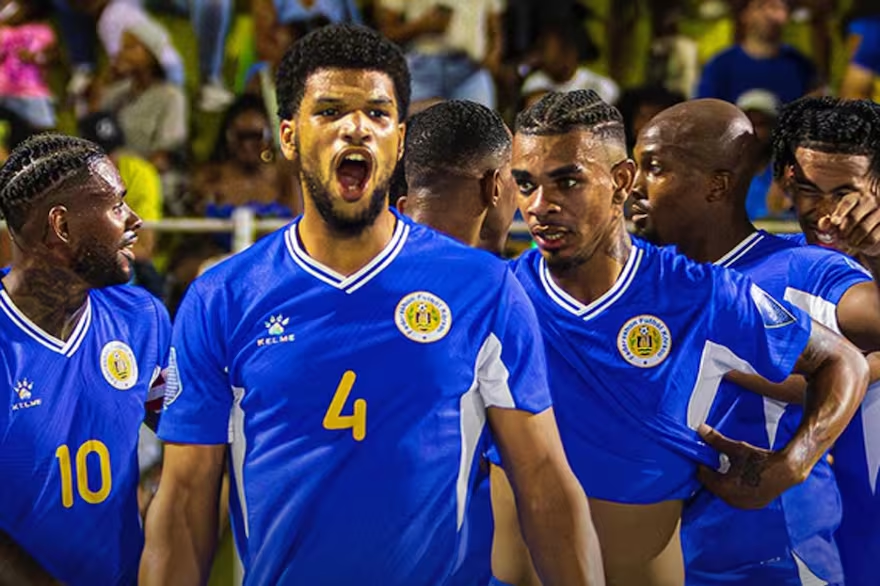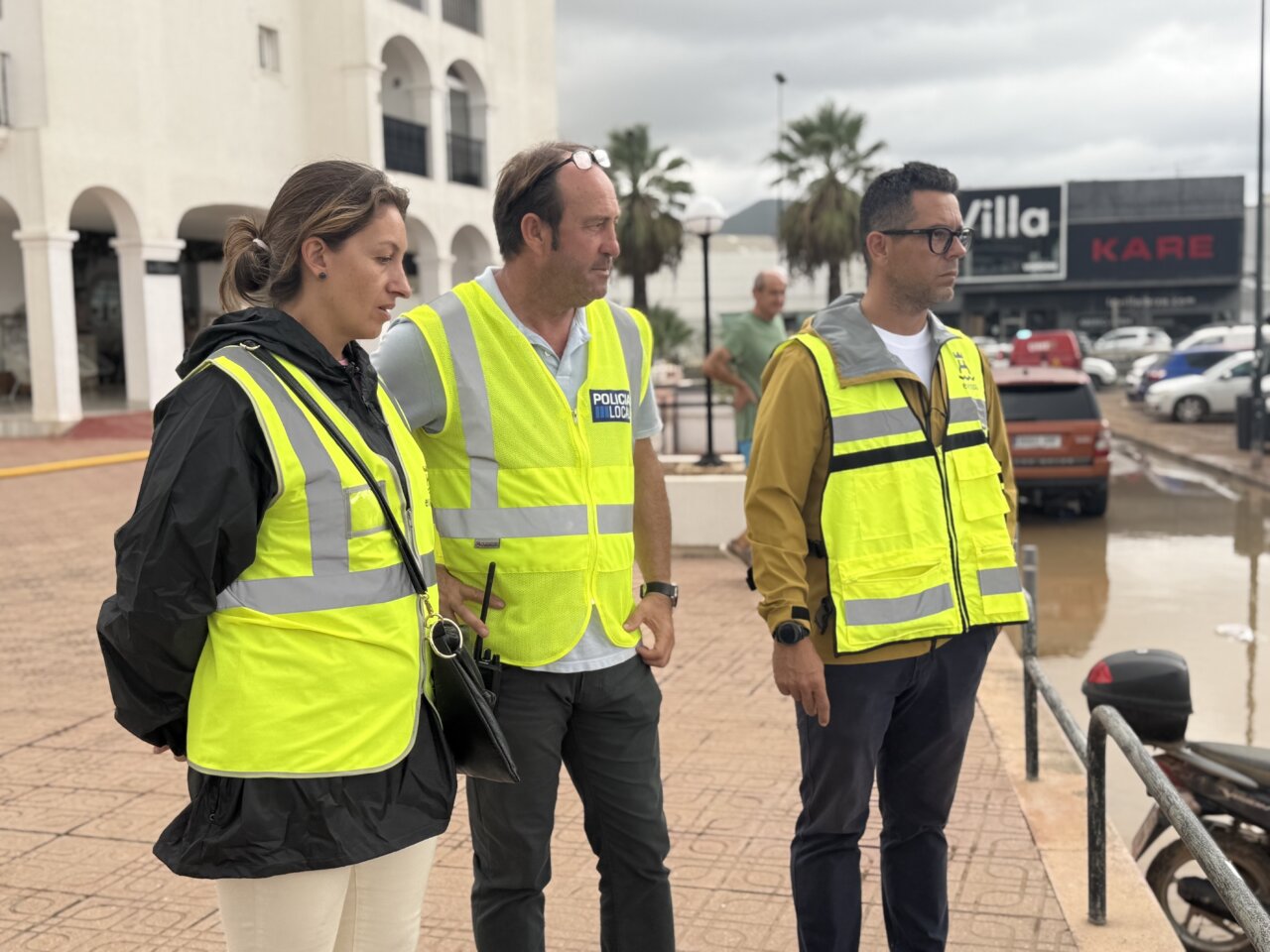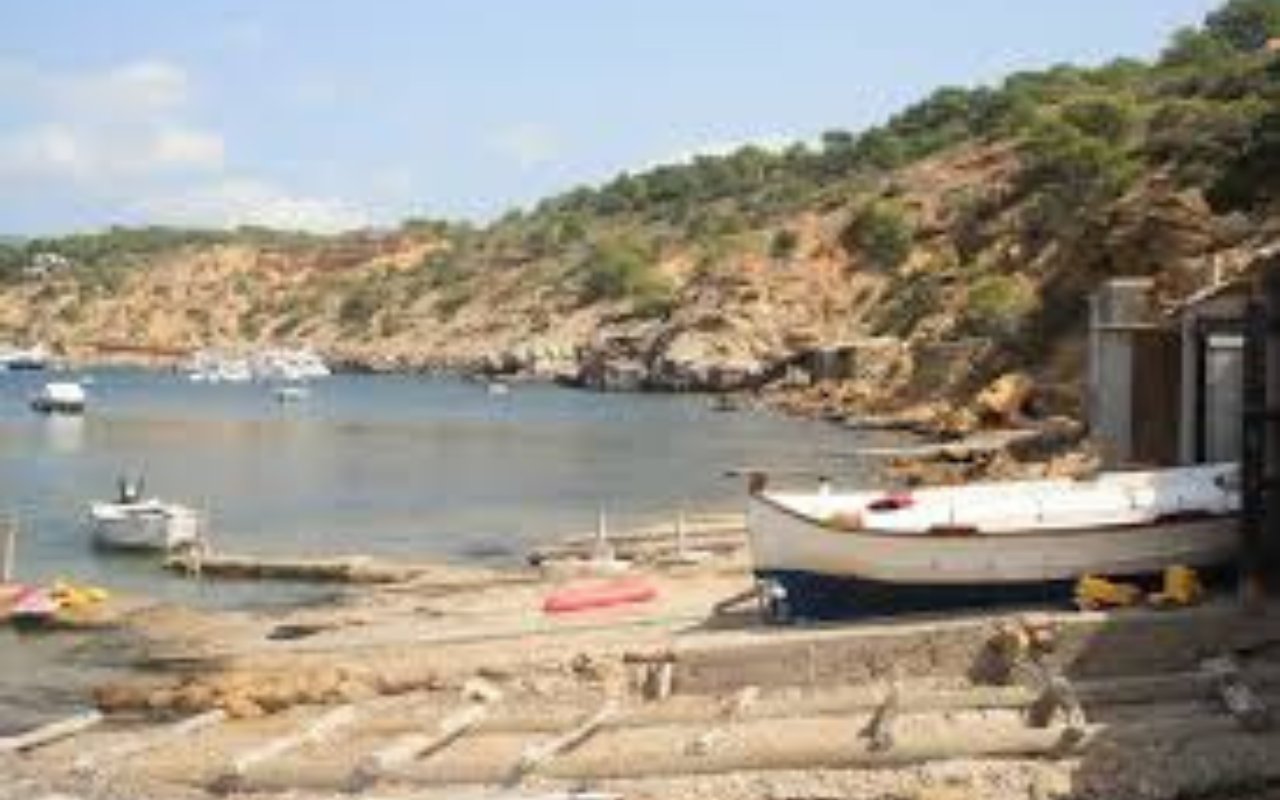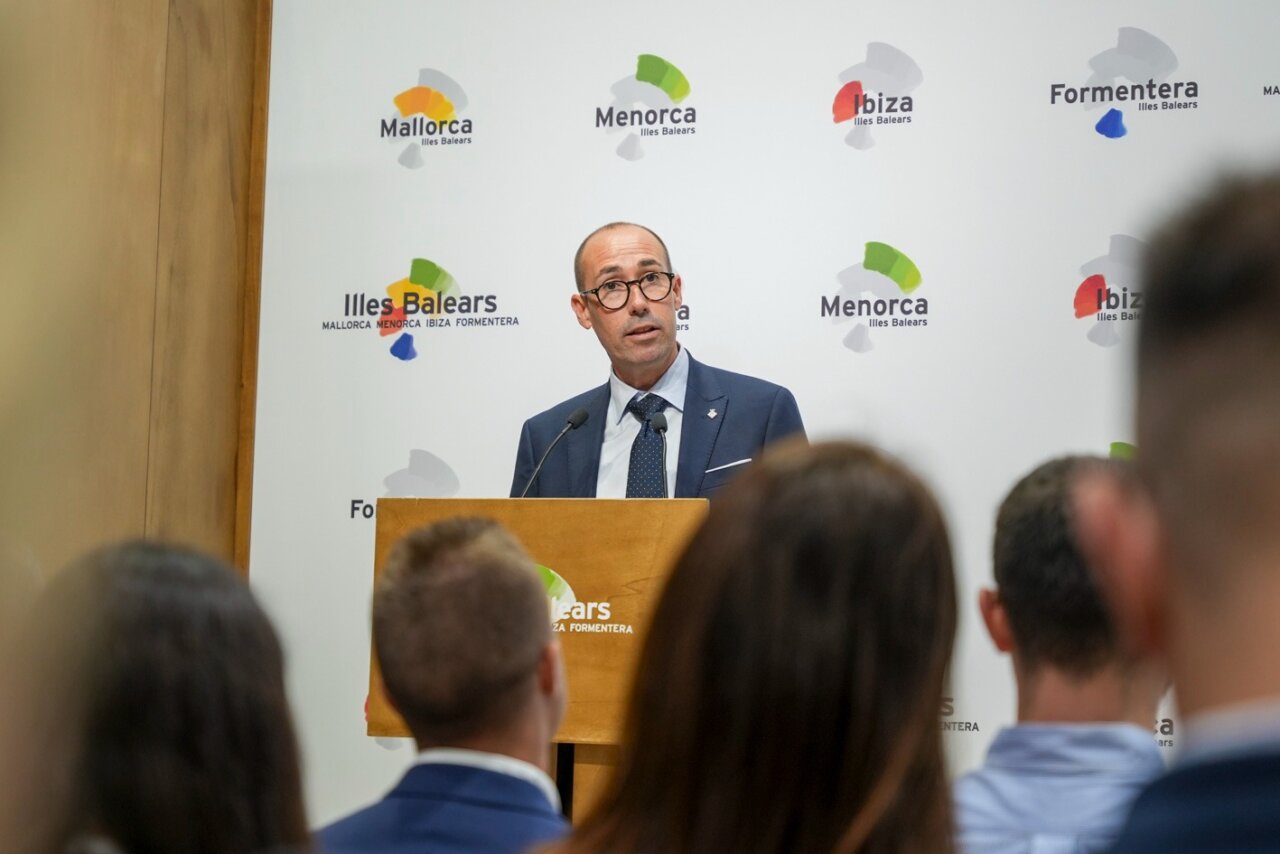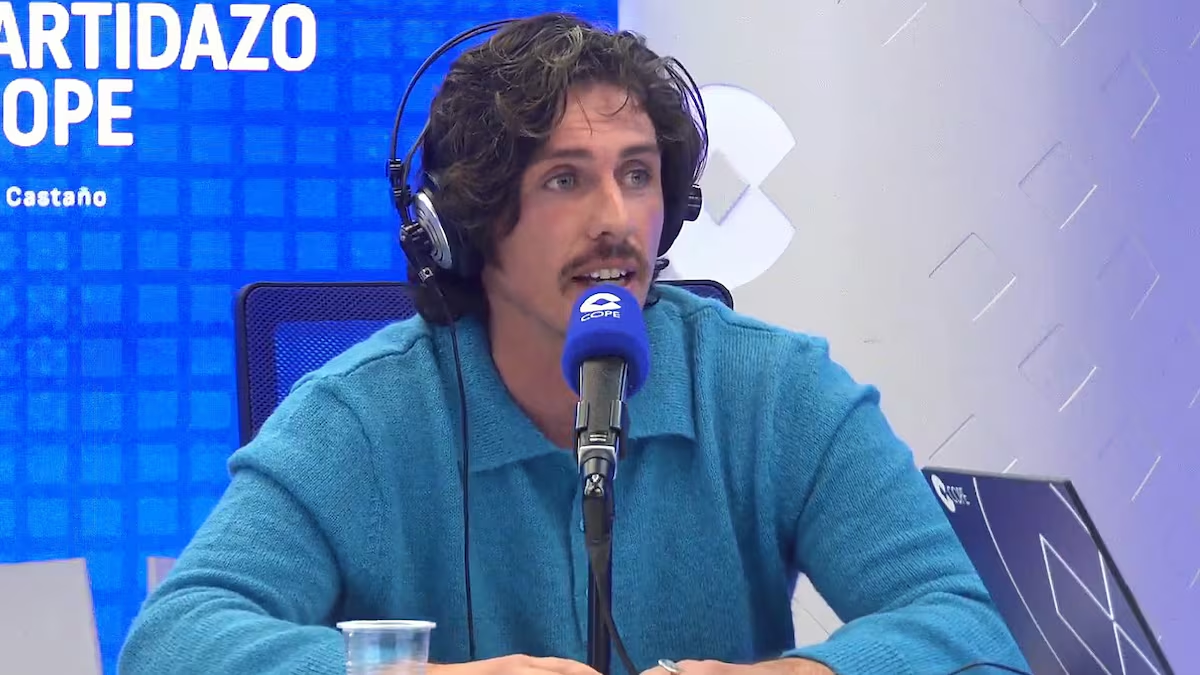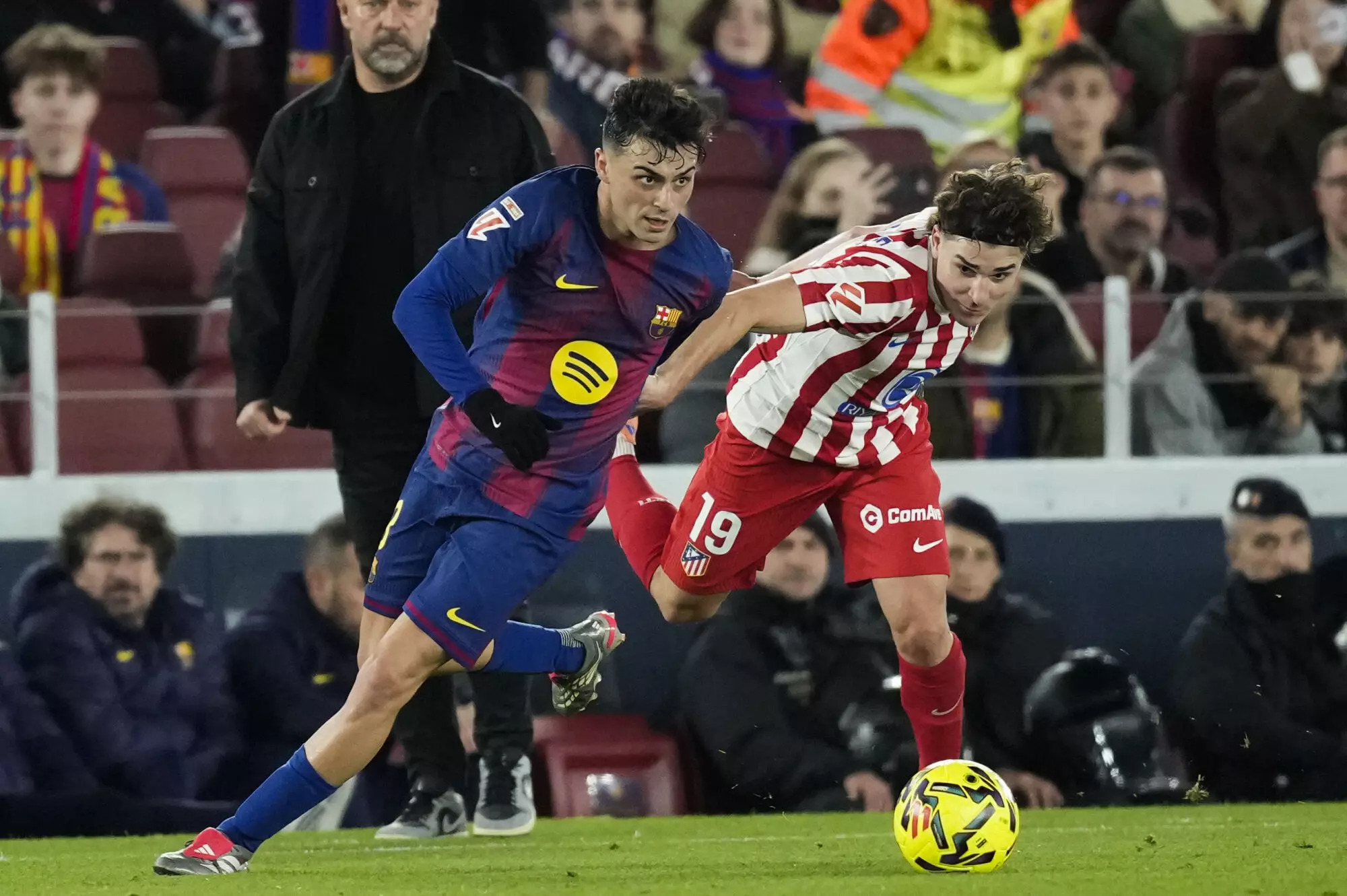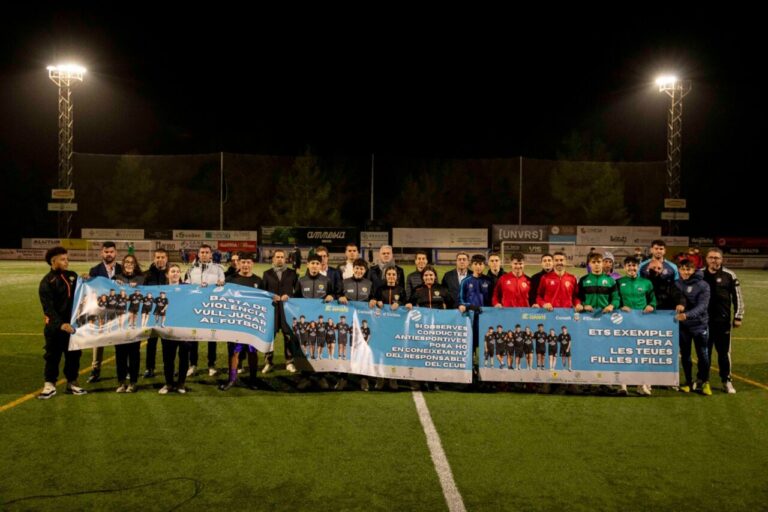The national team of Curaçao, a Caribbean country of just 155,000 inhabitants, has achieved one of the most astonishing feats in the history of international soccer. November 18, 2025 was marked as the day the island side became the smallest country in the world to qualify for a World Cup, surpassing the record held by Iceland since 2018.
The feat is even more extraordinary if one considers an unusual fact: all 24 players called up for this double date were born in Europe, especially in Dutch cities such as Rotterdam, Utrecht, Groningen or Amsterdam. A reflection of the close historical ties between Curaçao and the Netherlands.
The team, led by veteran coach Dick Advocaat, a former Netherlands national team manager, sealed its qualification with a 0-0 draw against Jamaica in Kingston, enough to finish top of Group B of the CONCACAF qualifiers for the 2026 North American World Cup.
A historic tie that sparked a national celebration
In a packed Independence Park, Curaçao needed only a point to secure its place in the tournament. The team maintained its defensive order and withstood the Jamaican pressure, postponing the local dream of returning to the World Cup after 28 years. Curaçao’s campaign was impeccable: undefeated and with a 7-0 thrashing of Bermuda that set the tone.
Advocaat, who was absent from the match for personal reasons, adds another page to his extensive resume. The coach coached the Netherlands in three stints and also coached South Korea, Belgium and Russia before taking over the Curaçao bench.
CURAÇAO BECOME THE SMALLEST COUNTRY TO EVER QUALIFY FOR THE WORLD CUP!
The nation of just 156,115 people have surpassed Iceland as the smallest ever nation to ever make it to the biggest tournament on the planet 👏🇨🇼 pic.twitter.com/qbe8TtNyif
– ESPN FC (@ESPNFC) November 19, 2025
The national team will find out its group rivals on December 5 at the draw to be held at the Kennedy Center in Washington D.C.
An island with a Spanish past: Curaçao, from “useless island” to unexpected soccer powerhouse
Beyond the sporting achievement, Curaçao’s history has a deep connection with Spain. The island was initially inhabited by the
The Spanish administration was established in 1526, although they soon observed that the territory offered no economic interest. Finding neither gold nor productive land, the colonizers renamed Aruba, Bonaire and Curaçao as “islands of the giants” due to the size of their inhabitants, and later as “useless islands” for their apparent lack of resources.
In 1634, the Dutch took control of the island, which became an important center of the transatlantic slave trade. Decades later, the arrival of the European Jewish community profoundly marked the local economy and culture.
The abolition of slavery in the Antilles came in 1863 and the 20th century transformed Curaçao into a key energy enclave thanks to the Royal Dutch Shell refinery, vital to the Allies during World War II.
In 1954, the island became part of the Netherlands Antilles and it was not until 2020 that it reached the status of an autonomous country within the Kingdom of the Netherlands.
A World Cup that amplifies diversity: qualifiers so far
With its qualification, Curaçao joins the 42 teams that have already secured their ticket to the 2026 World Cup. Among them are:
- Hosts: Canada, United States and Mexico.
- Asia: Australia, Qatar, Iran, Japan, Jordan, Saudi Arabia, South Korea, South Korea and Uzbekistan.
- Africa: Algeria, Cape Verde, Côte d’Ivoire, Egypt, Ghana, Morocco, Senegal, South Africa and Tunisia.
- Conmebol: Argentina, Brazil, Colombia, Ecuador, Paraguay and Uruguay.
- CONCACAF: Panama, Curacao and Haiti.
- Europe: England, France, Croatia, Portugal, Norway, Netherlands, Germany, Spain, Belgium, Austria, Scotland and Switzerland.
- Oceania: New Zealand.
In addition, six teams are still fighting for the two additional berths through the intercontinental play-offs: Bolivia, New Caledonia, Democratic Republic of Congo, Iraq, Jamaica and Suriname.

